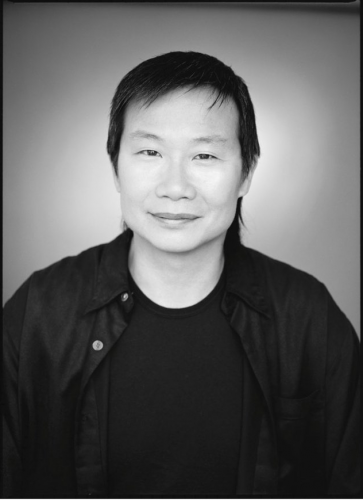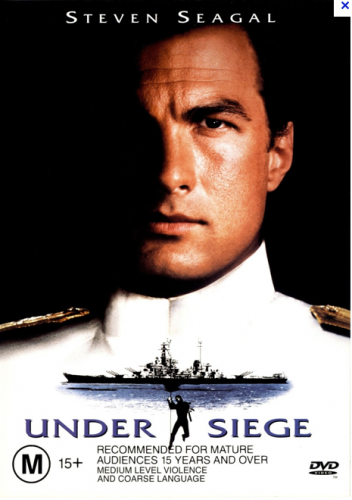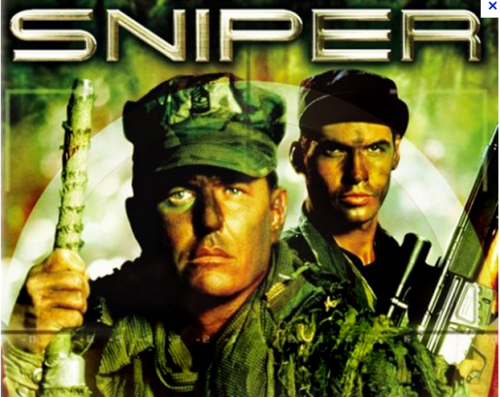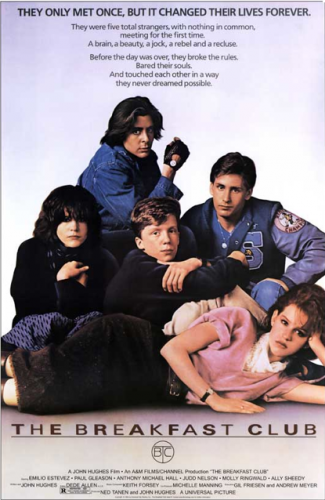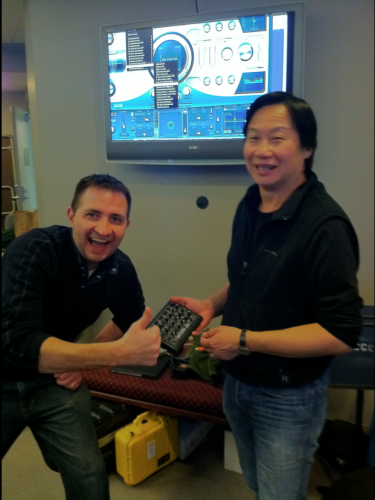Flip Flops in the Windy City: Guest Blog, Professor Gary Chang
I thought it would be cool to get the inside scoop from a faculty member in our MFA program. So I interviewed composition professor / tech guru Gary Chang, and he had some pretty cool things to say…
Just to let everyone know where Gary’s coming from, he has some pretty awesome screen credits. You should check out his IMDb page. Highlights include Under Siege, Sniper, The Breakfast Club, and The Island of Dr. Moreau. He is also the guy to go to if you have ANY questions about music / audio technology.
How does our program uniquely prepare students for this competitive industry?
The aesthetic of film scoring has finally arrived at a point where ANY music can be film music, so the emphasis of our program is about the new role of the composer, who now is actually THE MUSIC PRODUCER in the film-making group. The essential tool of the music producer is intimacy with the actual final medium (i.e., a record producer knows the attributes of creating CDs, and so should the film music producer know about the details of playback of recorded music in an industry standard theater). Since the music producer is supposed to be the most knowledgeable about music in the group, there is extensive discussion about current music aesthetics and techniques used in current film scores.
Why would someone looking to get into film scoring choose Columbia’s program?
Unlike traditional courses of study in film music that mostly discuss scoring the former, industrial methods of film music production from the past, our program discusses the current status of film music production where the use of computer-realized scoring comprises more than 85% of today’s output from the industry, and computer realizations are the reference – the source of notes from the filmmakers and approval of the sound stage expense from the studio.
Where do they see the industry in 10 years and how does our program position our graduates to be successful in the face of those changes?
Like the Gutenberg printing press revolutionizing the written word, so has the computer revolutionized the film industry. As digital technology evolves to more affordable memory and storage, so will the film industry continue to improve the quality of both picture and sound. What accompanies these new and more powerful computing devices are new developments in musical tools, which not only make more convenient typical activities and functions currently used, but often create new zeniths for creative uses of technology in sound art.
In many ways, studying film music composition is about an APPRENTICESHIP, where actual curriculum is only a part of a student’s education – much of the knowledge comes from direct interaction with an experienced master. This direct interaction reveals many things about this profession – and one of the things that my students have learned from us is that, for instance, although I have been involved with electronic music and engineering for many decades, I am showing them CURRENT technology – something that I learned myself recently. The point is that one must take an active role in staying up-to-date with industry tools and developments.

